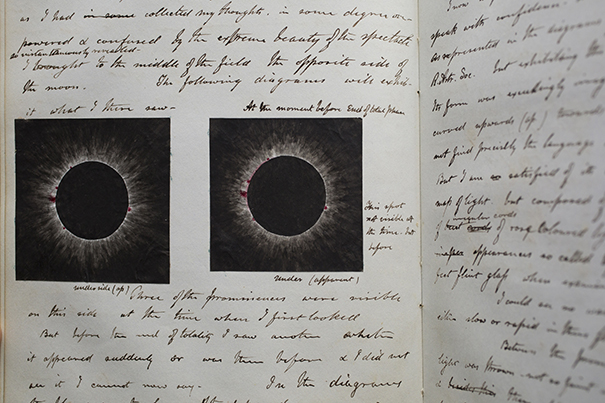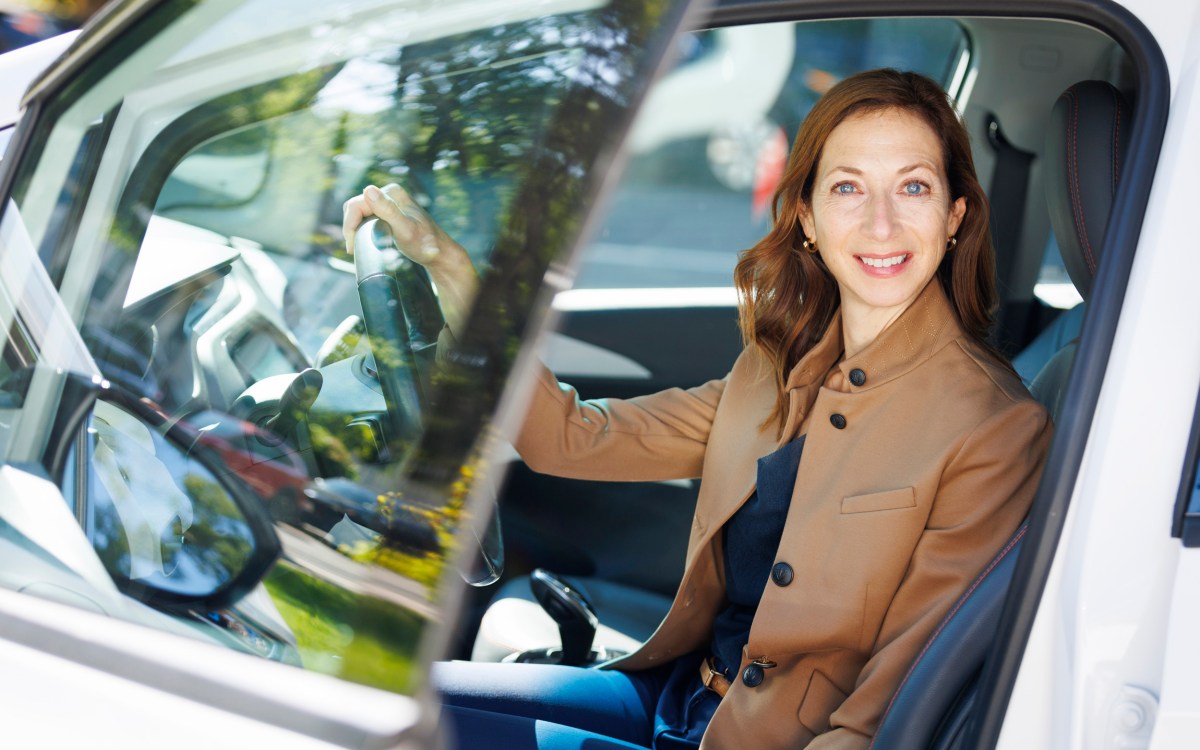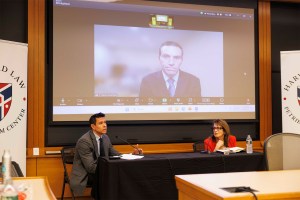Science & Tech
-

Harsh past might bare its teeth
Early adversity leads to higher aggression and fearfulness in adult canines, study says

-

What will AI mean for humanity?
Scholars from range of disciplines see red flags, possibilities ahead
-

‘Human exceptionalism is at the root of the ecological crisis’
Saving the planet requires getting over ourselves, argues author of ‘The Arrogant Ape’
-
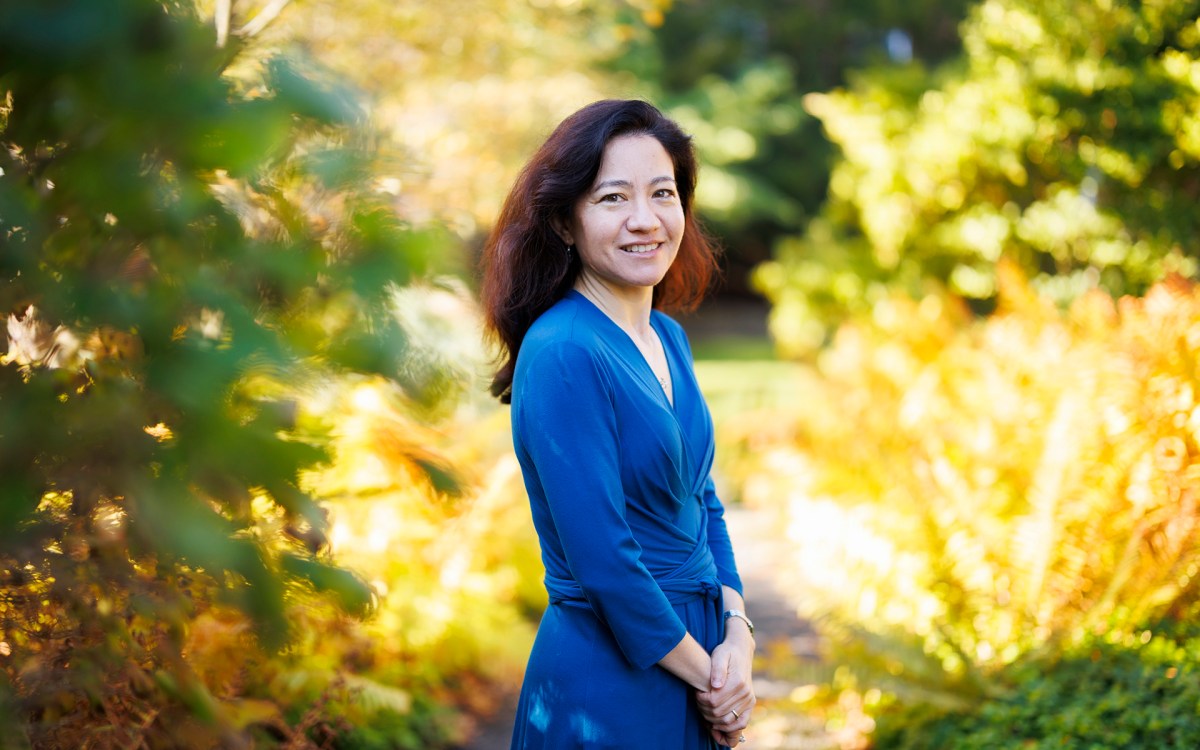
Lauren Williams awarded MacArthur ‘genius grant’
Math professor honored for theoretical breakthroughs with sometimes surprising applications across phenomena such as tsunamis, traffic
-
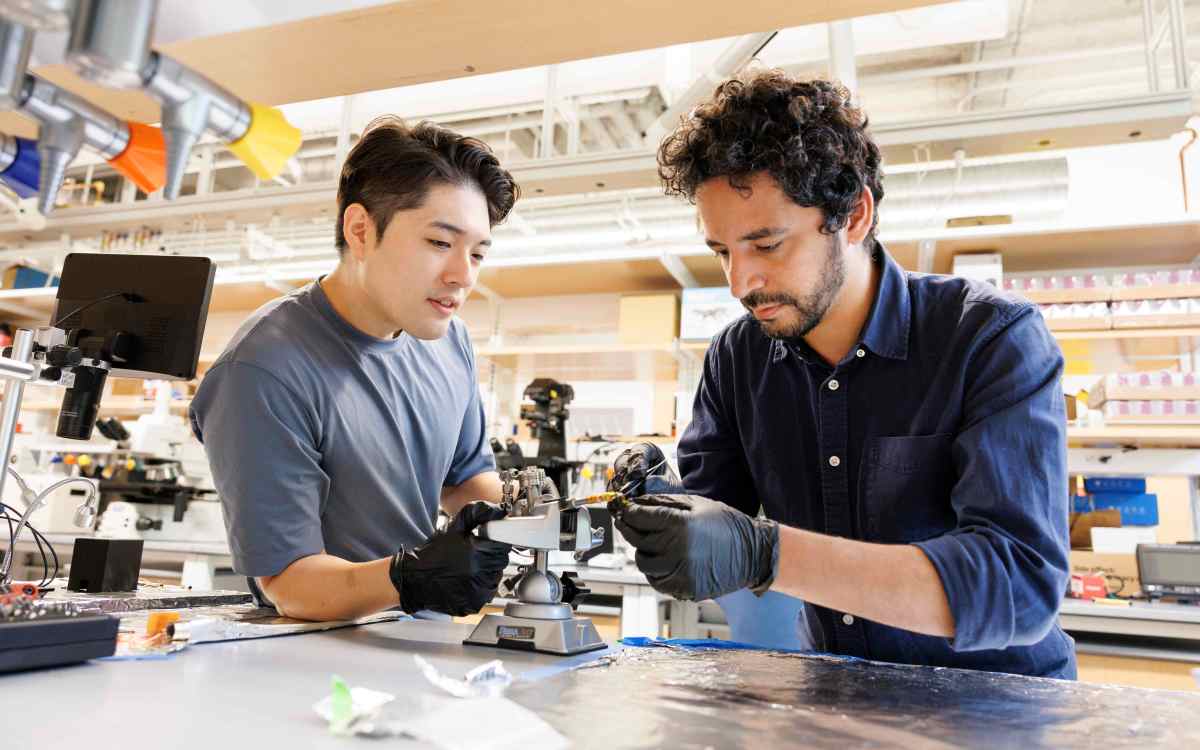
-
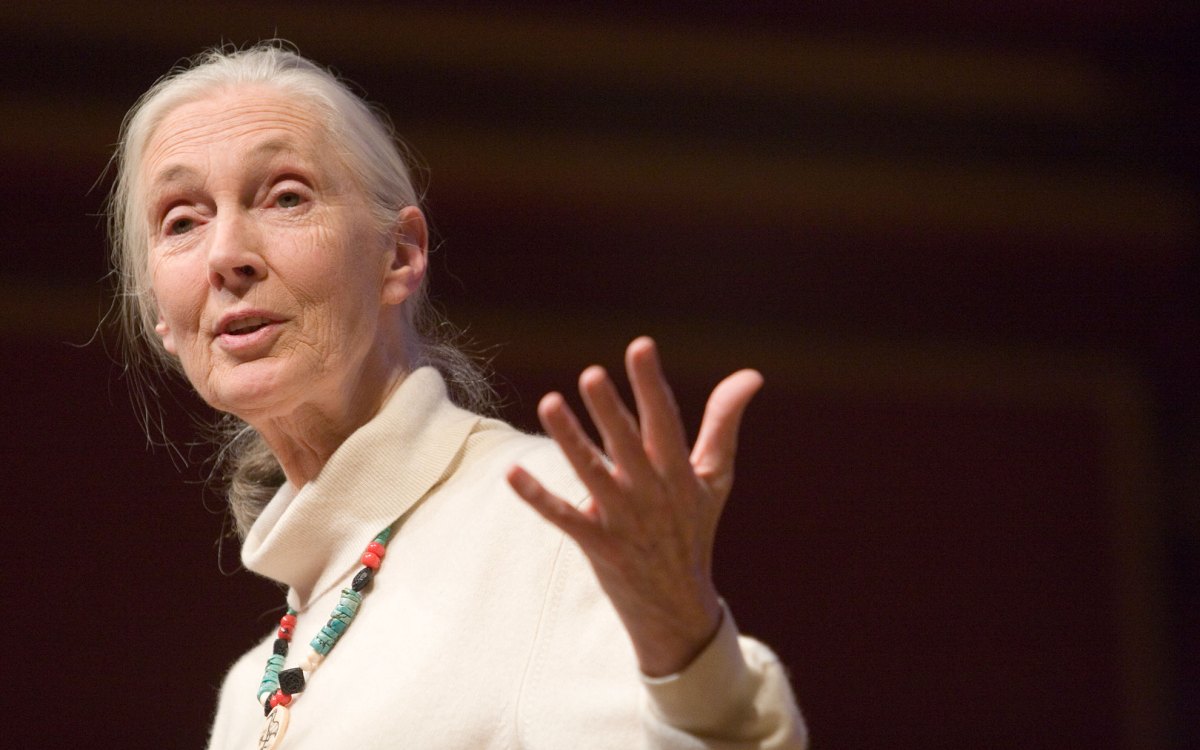
‘She had a sense of caring for everybody that she encountered.’
Richard Wrangham remembers his teacher and colleague Jane Goodall as a force of science, empathy, and hope
-
Feast for the mind
The General Education course “Ancient Lives” connects undergrads with the earliest civilizations.
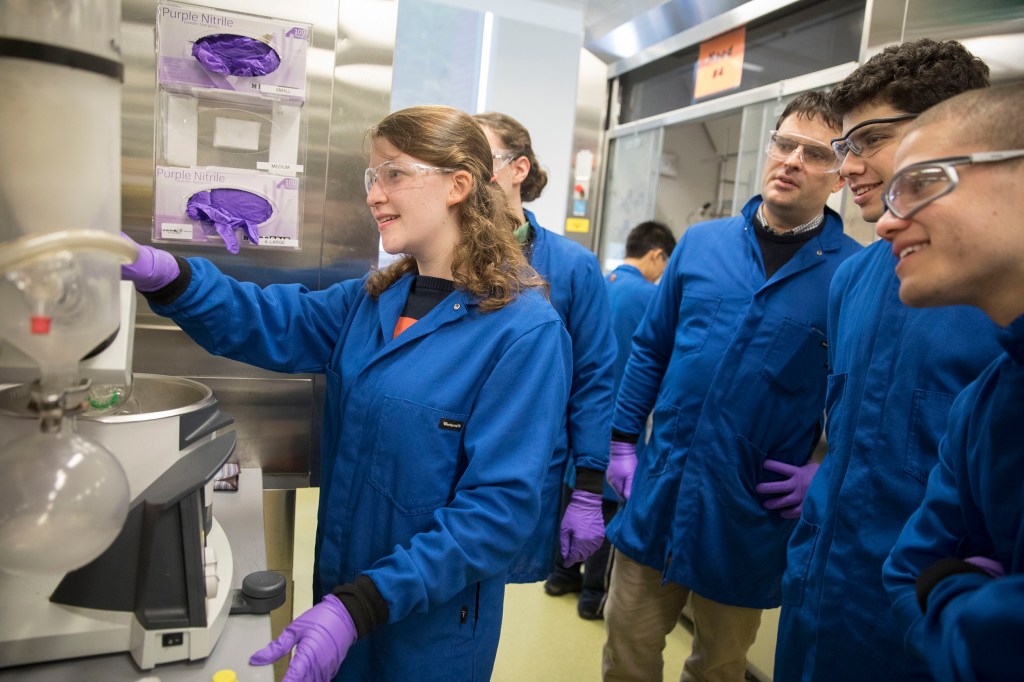
-
Opioid deaths jump
A new Harvard study shows people who end up in the hospital due to an opioid-related condition are four times more likely to die now than they were in 2000.

-
Climate made scary
Journalist David Wallace-Wells and others debated the most effective way to communicate climate urgency in a Harvard discussion.
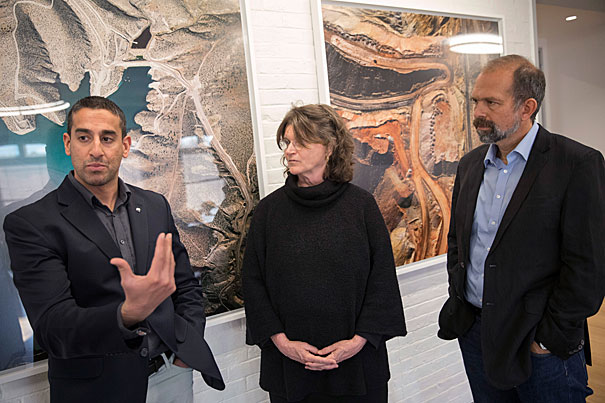
-
Researchers create quantum calculator
Researchers have developed a special type of quantum computer, known as a quantum simulator, that is programmed by capturing super-cooled rubidium atoms with lasers and arranging them in a specific order, then allowing quantum mechanics to do the necessary calculations.
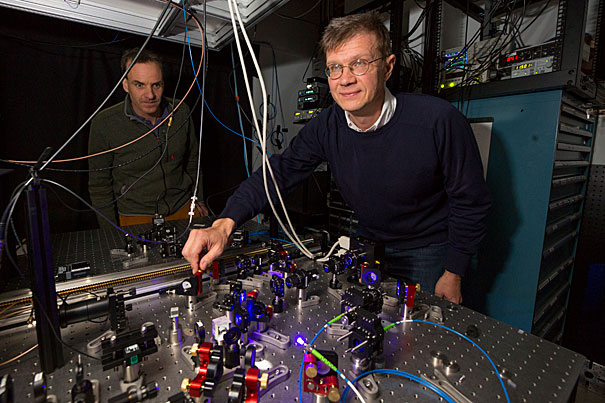
-
Skin pigmentation is far more complex than thought
The genetics of skin pigmentation become progressively complex the closer populations reside to the equator.
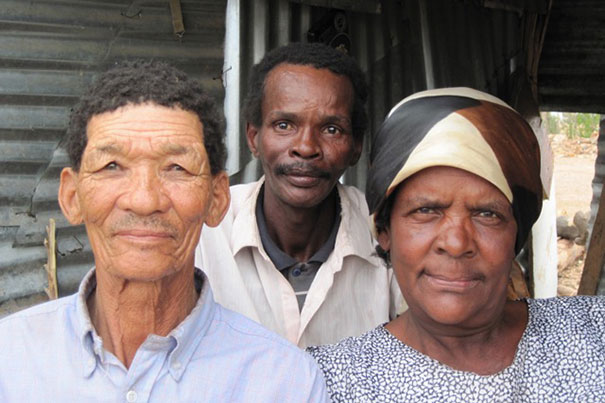
-
Babies understand cost-reward tradeoffs behind others’ actions, study says
Harvard and MIT study reveals that babies understand the cost-reward tradeoffs behind others’ actions.
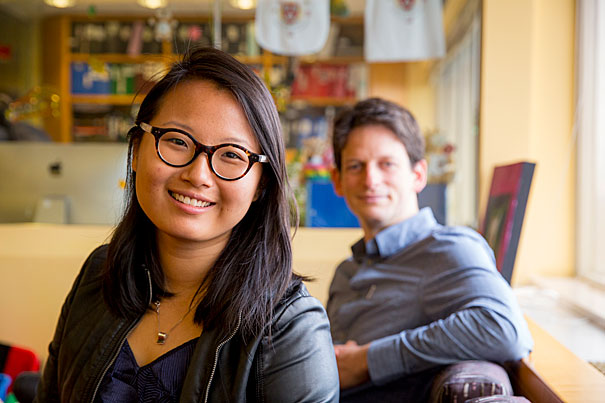
-
Students help groups to pursue climate action
Harvard living lab course works to find practical alternatives to carbon use.
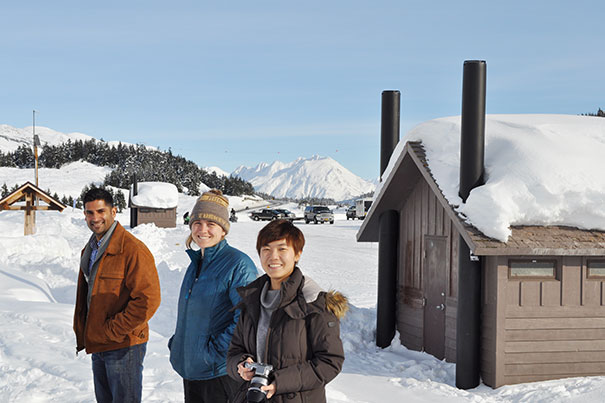
-
Small media, big payback
Researchers found that if just three outlets write about a particular major national policy topic, discussion of that topic across social media rises by more than 62 percent.
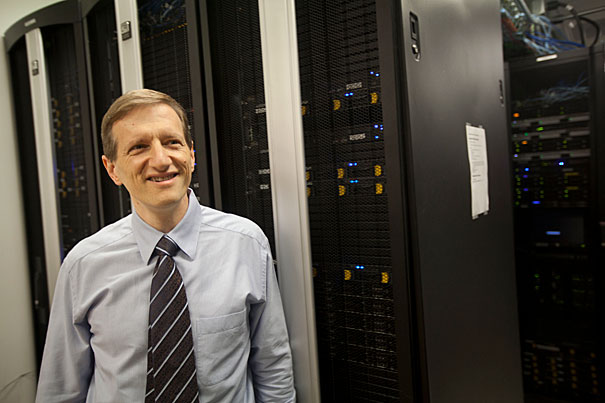
-
The selfie’s gone, but the damage is done
New HBS research examines whether we are less inhibited when posting on temporary social media and how others perceive the posts.
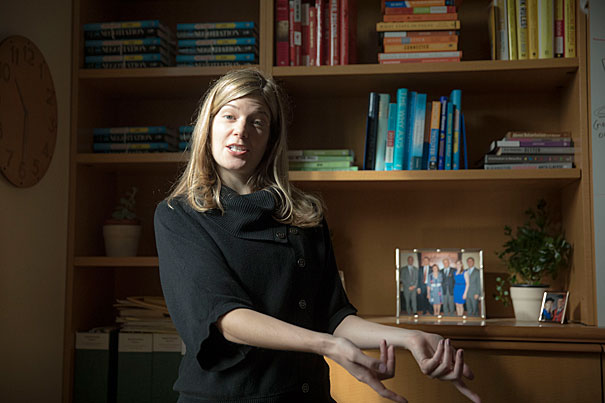
-
History under the microscope
Researchers delivered lectures on recent findings to launch the Max Planck-Harvard Research Center for the Archaeoscience of the Ancient Mediterranean.
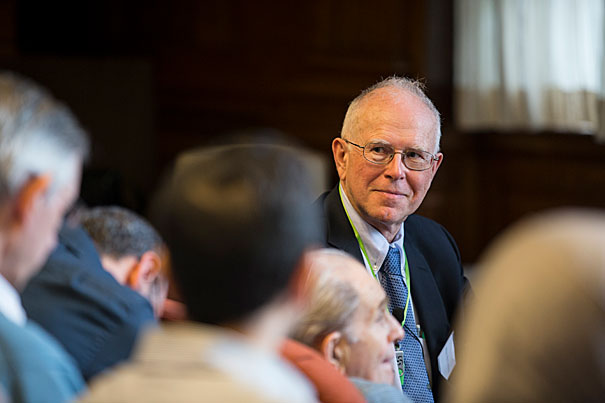
-
First glimpse of a kilonova, and Harvard was there
Marking the beginning of a new era in astrophysics, scientists for the first time have detected gravitational waves and electromagnetic radiation, or light, from the same event. Harvard researchers were pivotal in the work.
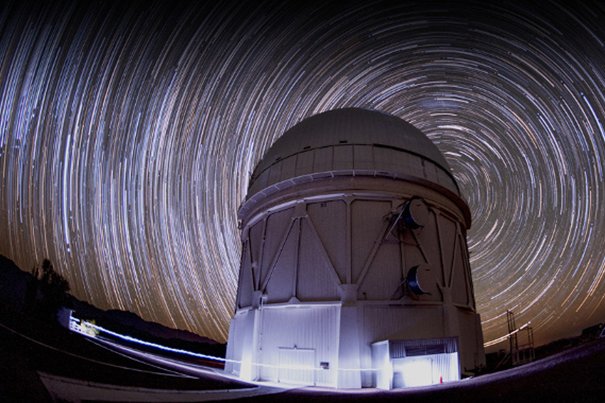
-
When machines rule, should humans object?
Harvard scholars shared concerns and ideas in a HUBweek panel titled “Programming the Future of AI: Ethics, Governance, and Justice.”
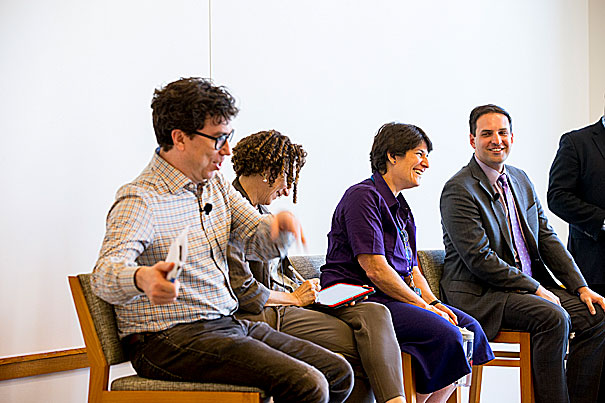
-
In surge of strawberries, some dirty details
Julie Guthman sets her sights on a tangled story involving land, plant breeding, border policy, pathogens, and highly effective, highly toxic soil fumigants.
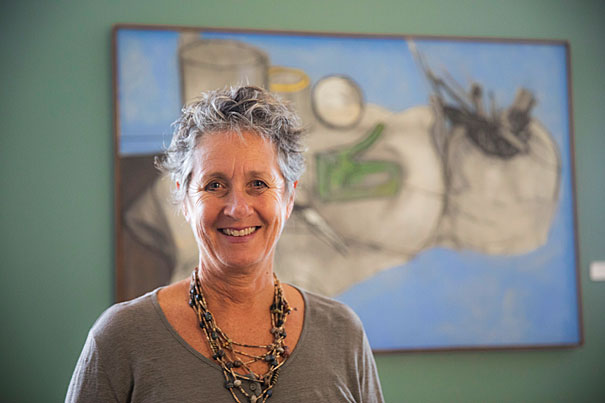
-
Putting tomorrow’s doctors on opioid alert
Gov. Charlie Baker joined HMS faculty members in discussing the opioid crisis and the role physician education must play in fighting it.
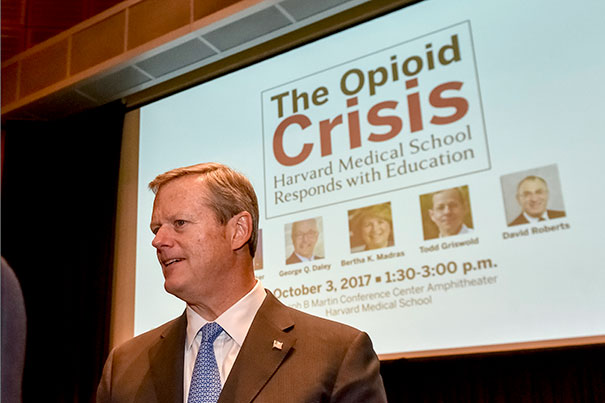
-
How to defend against your own mind
Harvard psychology chair Mahzarin Banaji is working with a research fellow to launch a new project called “Outsmarting Human Minds.”
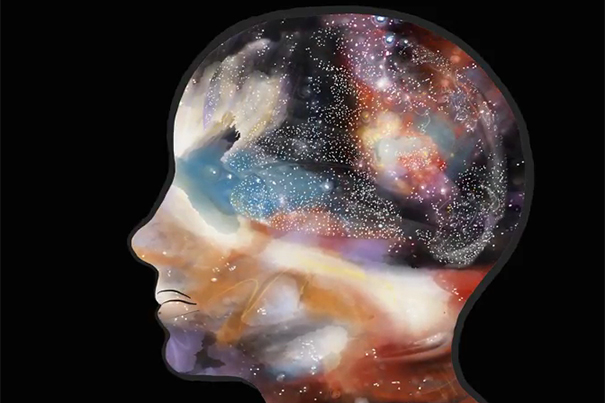
-
Not a popularity contest
New research from faculty at Harvard Business School and Harvard Medical School finds that a majority of college freshmen believe others have more friends than they do, when they often don’t.
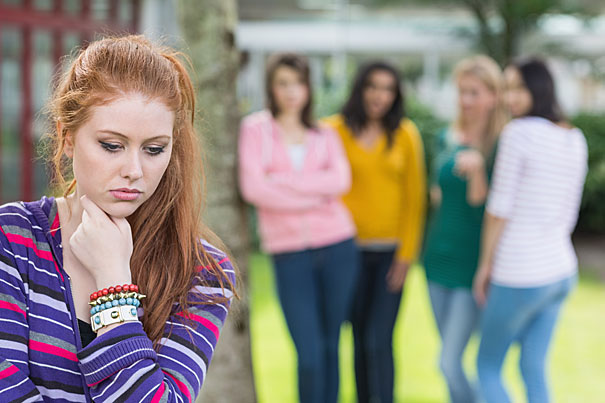
-
The robots are coming, but relax
As artificial intelligence takes hold in more fields, you’ll likely have a job, analysts say, but it may be a different one.
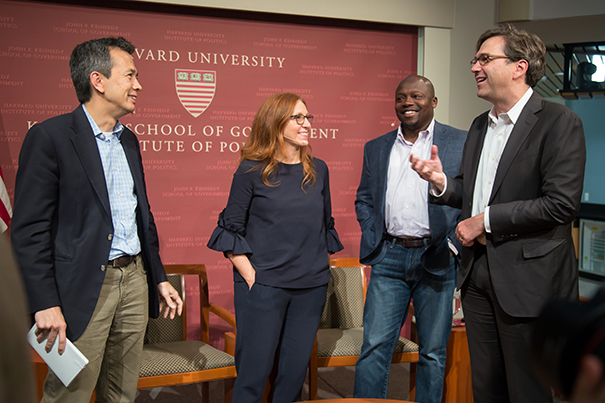
-
New England is losing 65 acres of forest a day
A new Harvard Forest report, “Wildlands and Woodlands, Farmlands and Communities,” calls for tripling conservation efforts across the region.
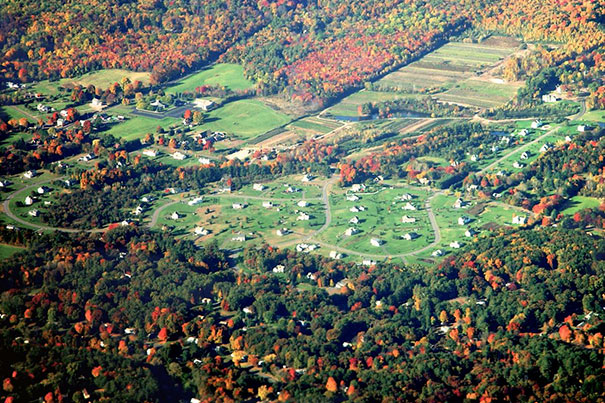
-
Connecting the dots in data sciences
Harvard’s new Data Science Initiative hosted its inaugural event, the first in a series of planned seminars featuring talks by faculty members focusing on new methods of managing and analyzing data and on cutting-edge applications.
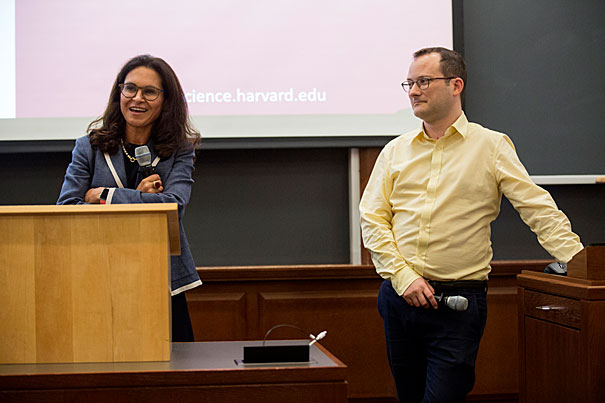
-
Students aiding the environment
Five undergraduate women from Harvard College talk about how they spent the summer researching climate and ecological stresses.
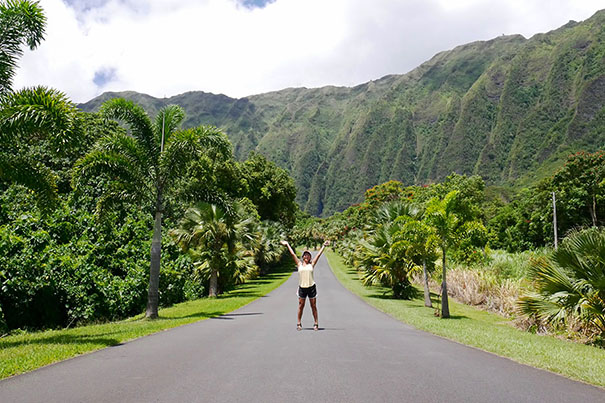
-
A master of explaining the universe
Brian Greene ’84, a Columbia University theoretical physicist and mathematician, has made it his mission to illuminate the wonders of the universe for non-scientists.
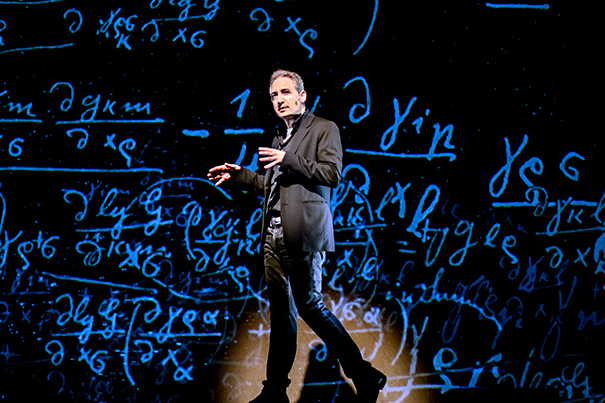
-
A pragmatic model to conserve land
Martha’s Vineyard is best known as a summer playground for the rich, but it’s also setting an important conservation example, according to a new book by Harvard Forest Director David Foster.
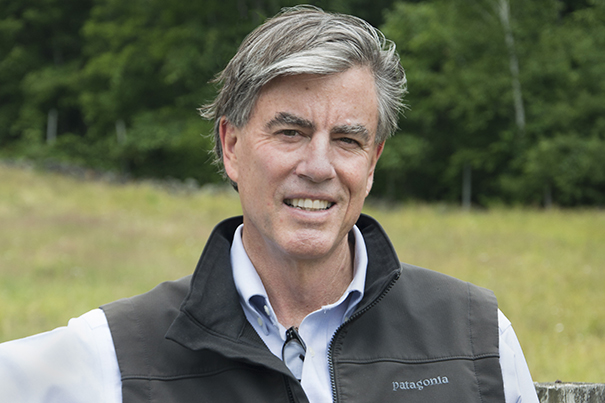
-
Building a robot, developing a nation
Harvard College sophomore Sela Kasepa looked for robotics competitions that Zambian youth could join, and found FIRST Global, an annual student robotics Olympiad.
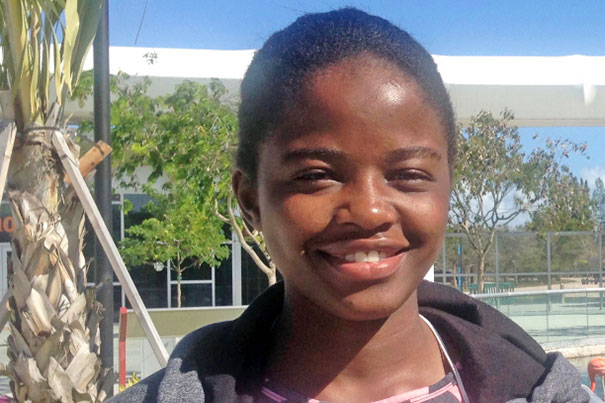
-
Voting-roll vulnerability
Online attackers may be able to purchase enough personal information to alter voter registration information in as many as 35 states and the District of Columbia, a new study says.
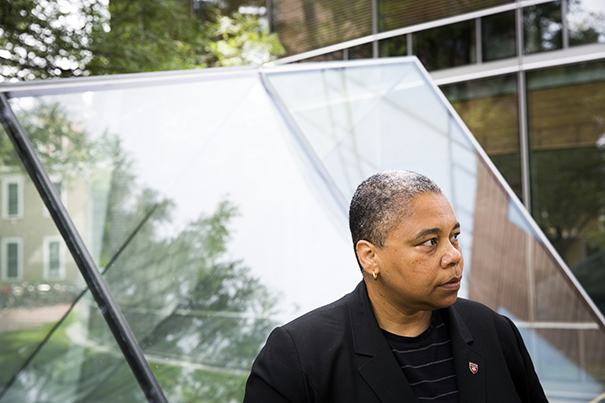
-
Branching out from her own tree of knowledge
Seattle Times environmental reporter Lynda Mapes turned her fellowship year at Harvard Forest into a book titled “Witness Tree.”
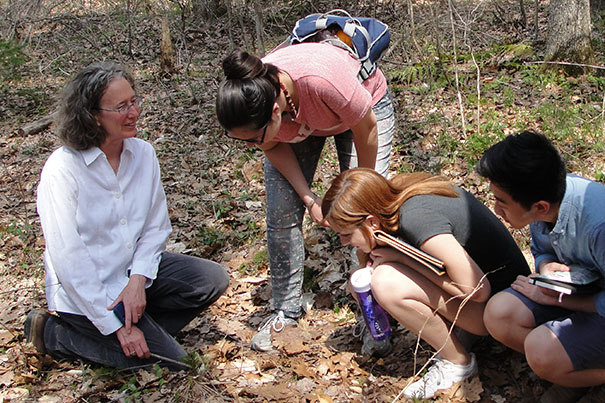
-
Revising the language of addiction
Harvard experts say that changing the language of addiction is key to fighting the stigma attached to it.
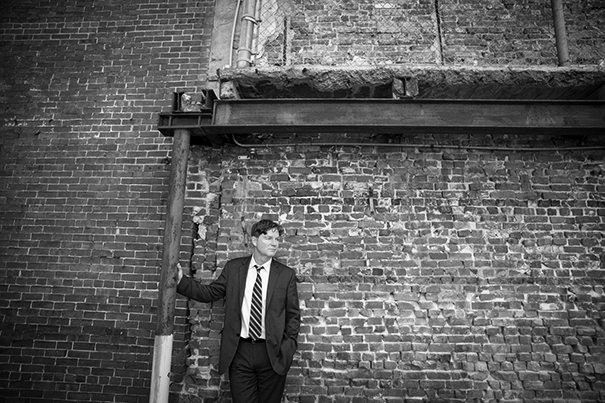
-
Voices from the Incas’ past
An undergraduate deciphers the meaning of Incan knots, giving long-dead native South American people a chance to speak.
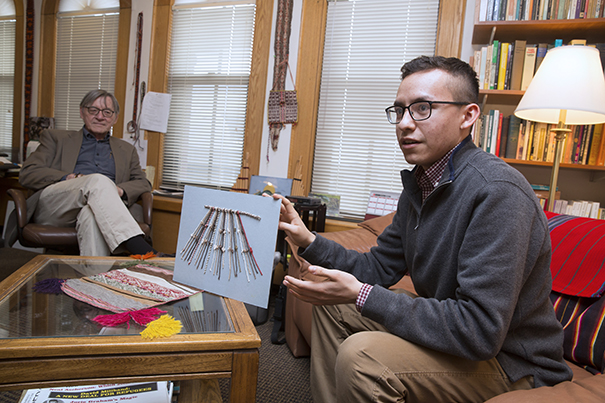
-
Paying the price of surviving childhood cancer
Study finds out-of-pocket health care costs can lead to financial problems for survivors of childhood cancer.

-
The social cycle of repression
A Harvard study links an individual’s psychological basis for enforcing group hierarchies to national indicators.
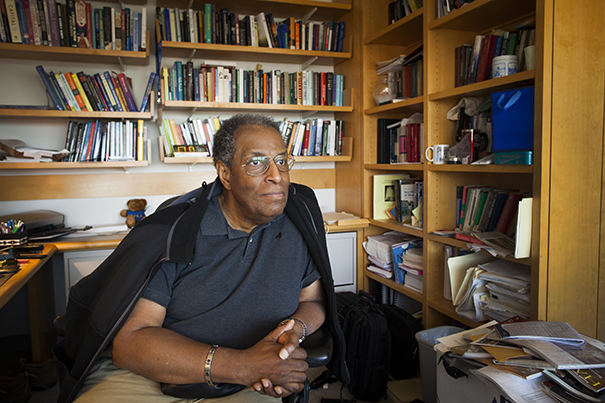
-
Eclipses, through the years
As photography developed, Harvard astronomers embraced it as a scientific means to understand the sky.
